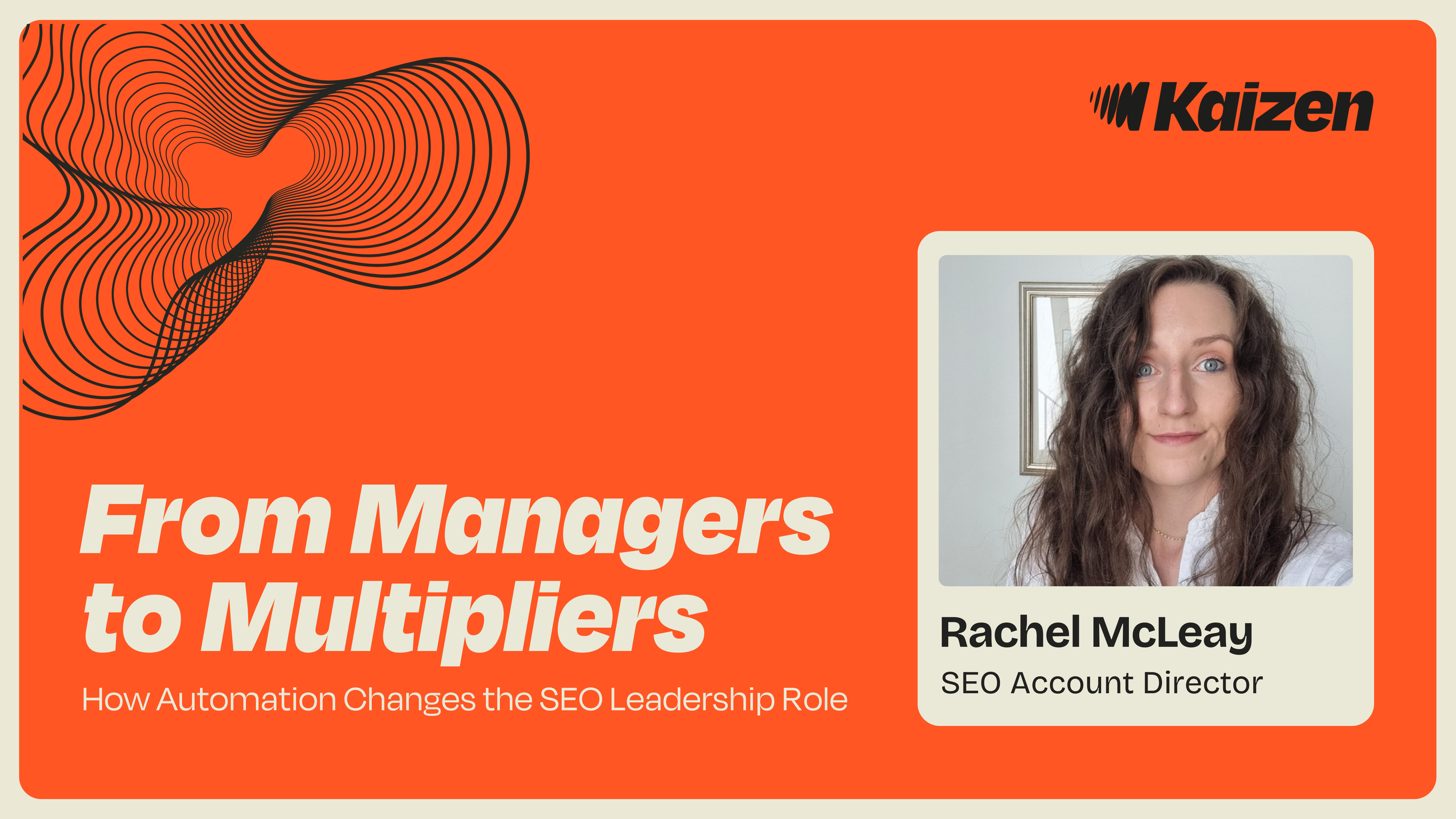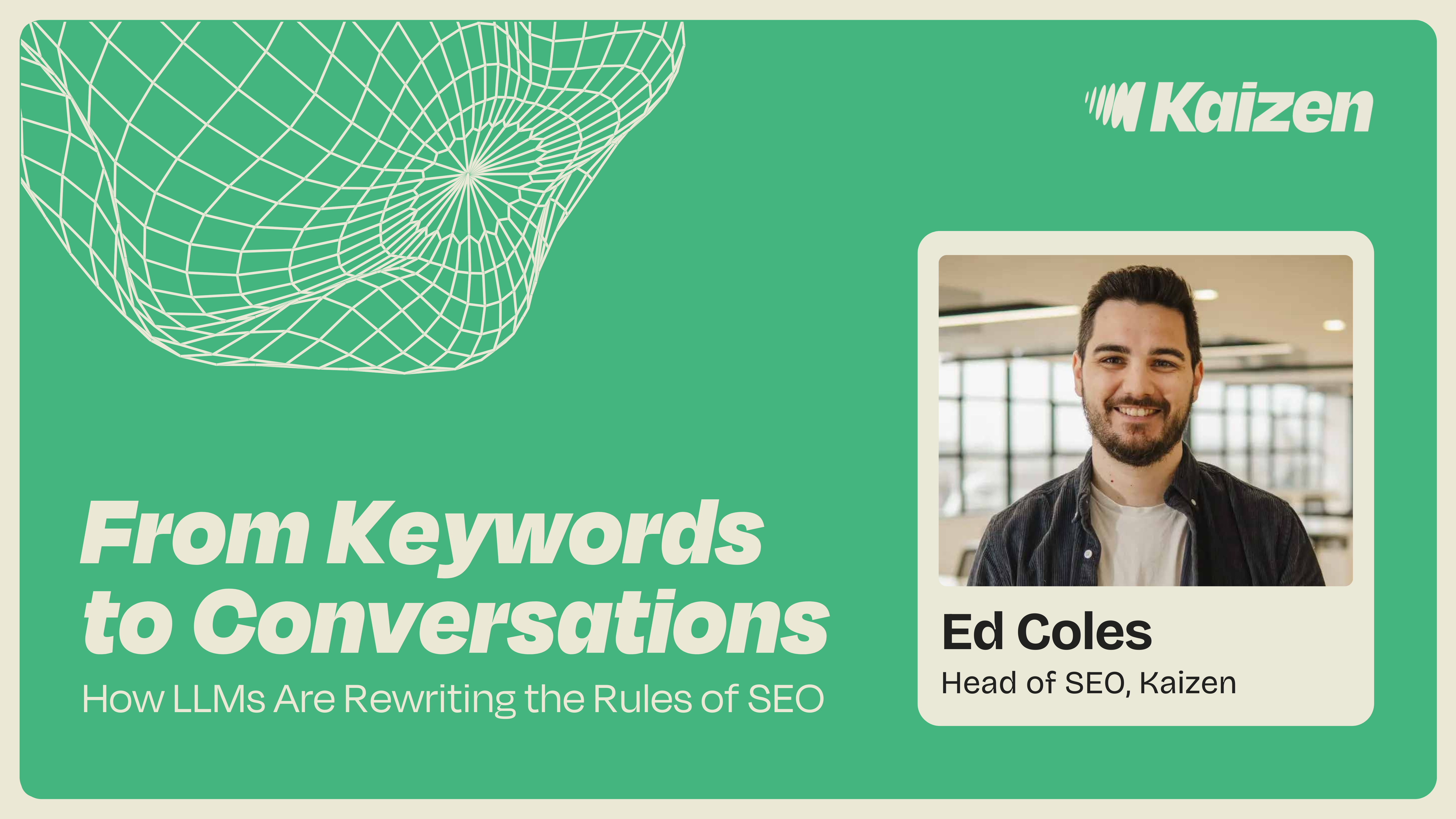Navigating Google’s Algorithm Changes

As we know when Google’s algorithm changes happen, it can cause waves across search rankings, leaving businesses scrambling to understand the impact. While it’s tempting to react immediately to any fluctuations, a measured approach will generate better long-term results. Here’s our tips on how to navigate the changes strategically.

Don’t panic! Wait and monitor performance
The instinctive thing to do is to take immediate action when you notice a sudden drop or increase in rankings. The reality is algorithm updates take weeks, sometimes months, to fully roll out. Reacting too soon could lead to unnecessary or even harmful changes to your performance. Instead, monitor performance over time and wait until the update has fully settled before making any adjustments.
Analyse the changes
Once the update is complete, review keyword performance to identify patterns. Which keywords have seen a decline? Which have improved? Is there a common theme among the affected pages? This analysis will provide a clearer picture of how the update has influenced your site.
Identify the problem and successes
With ranking data in hand, examine the pages that have gained or lost visibility. What do the high-performing pages have in common? Have lower-performing pages lost rankings due to content quality, technical SEO issues, or changes in search intent? Learning from both the positives and negatives will provide valuable insights into how Google is interpreting relevance and authority of your pages.
Revise your strategy
Use what you learn from the data to refine your approach. We advise that you avoid a full overhaul of everything at once. Google’s algorithm is complex, and making drastic changes based on a single update could backfire. Instead, implement small, controlled tests to validate your theories and adjust accordingly. Monitor performance carefully to gauge the impact of any changes before scaling them across your entire strategy.
Stay prepared for the next update
Google’s search algorithms are constantly evolving, and another update is always on the horizon. Regular performance monitoring, adapting to industry best practices, and focusing on long-term SEO strategies will help you stay ahead. Keep refining your content, technical SEO, and link-building efforts to build resilience against future changes.
A calm, data-driven approach will ensure your SEO remains strong in the face of algorithm updates. The key is to remain adaptable, learn from changes, and refine your strategy without overreacting to every fluctuation.
What to learn more about how effective an organic SEO strategy can be for your business? Contact us today for a chat.

 Search
Search PR
PR AI Visibility
AI Visibility Social
Social


















